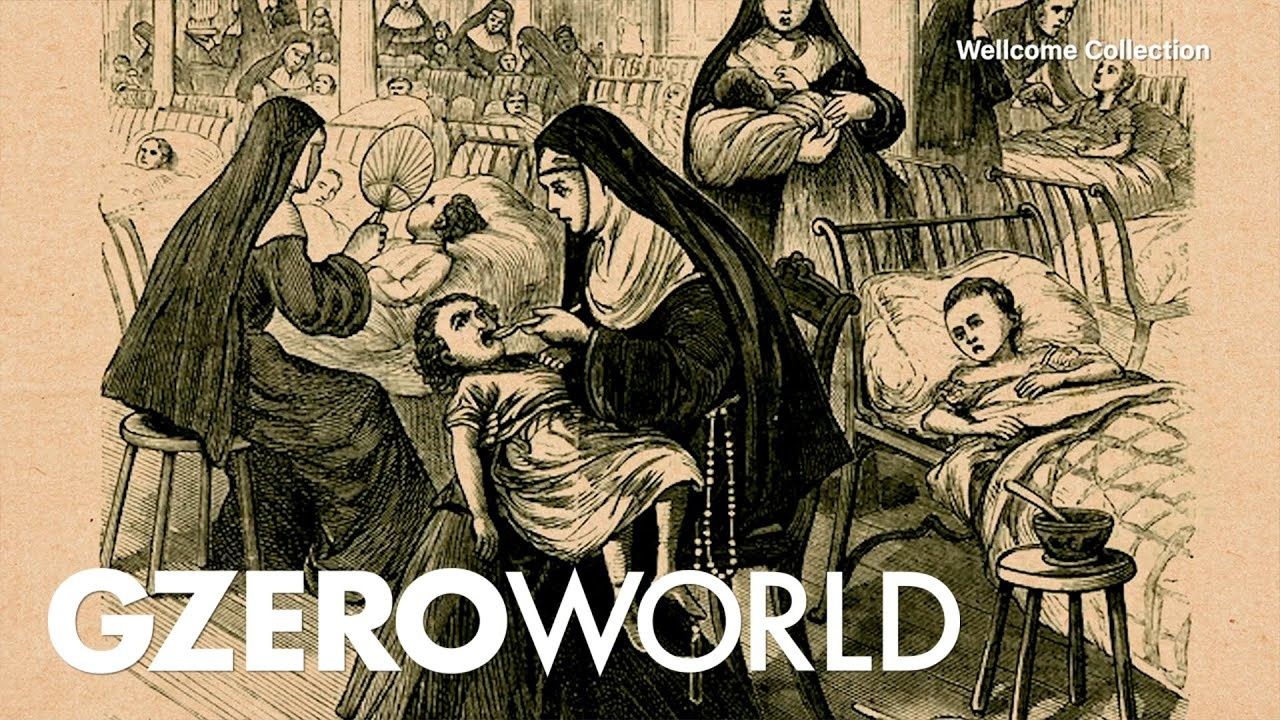popular
Will immunity lead to greater inequality?

Immunity & Prospect of Greater Inequality | Historical Parallels: Yellow Fever in NOLA | GZERO World

As discussions turn to "immunity passports" and antibody testing in the COVID-19 pandemic, could an "immunoprivileged" class emerge? Will people who are not immune face greater barriers in the workforce and elsewhere?
On the latest episode of GZERO World with Ian Bremmer, our team talks with Stanford University historian Kathryn Olivarius about lessons learned from the yellow fever outbreak in 19th Century New Orleans, when 150,000 died from the mosquito-borne disease, and "unacclimated" people had difficulty finding a job. She sees striking parallels to pressures from the modern coronavirus, interest in "immunity passports", and government considerations in today's pandemic. There's already a lot of inequality, and Professor Olivarious warns against the formation of an invisible hierarchy, in which the most vulnerable people are punished twice over.
How is the US is reshaping global power dynamics, using tariffs and unilateral action to challenge the international order it once led? Michael Froman joins Ian Bremmer on GZERO World to discuss.
In this Quick Take from Munich, Ian Bremmer examines the state of the transatlantic alliance as the 62nd Munich Security Conference concludes.
At the 2026 Munich Security Conference, Brad Smith announces the launch of the Trusted Tech Alliance, a coalition of global technology leaders, including Microsoft, committing to secure cross-border tech flows, ethical governance, and stronger data protections.